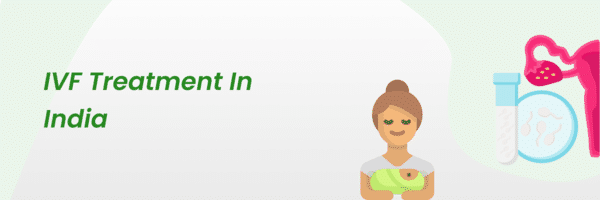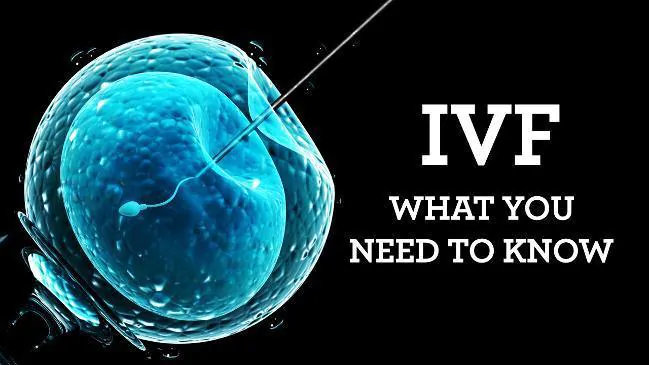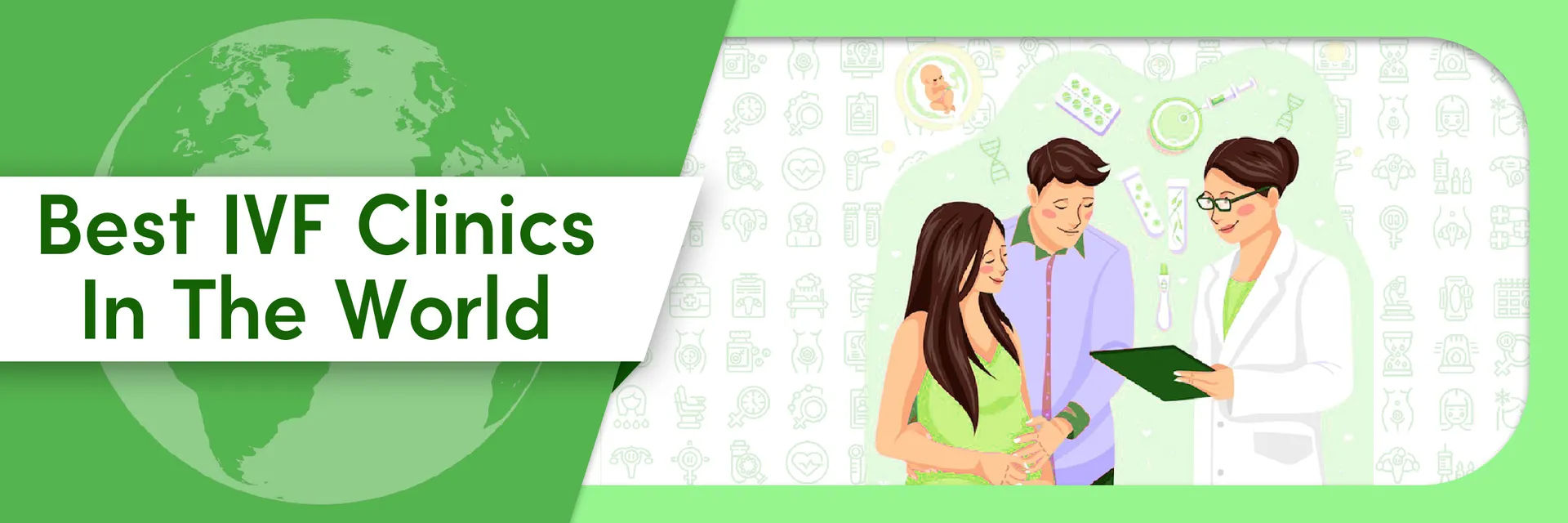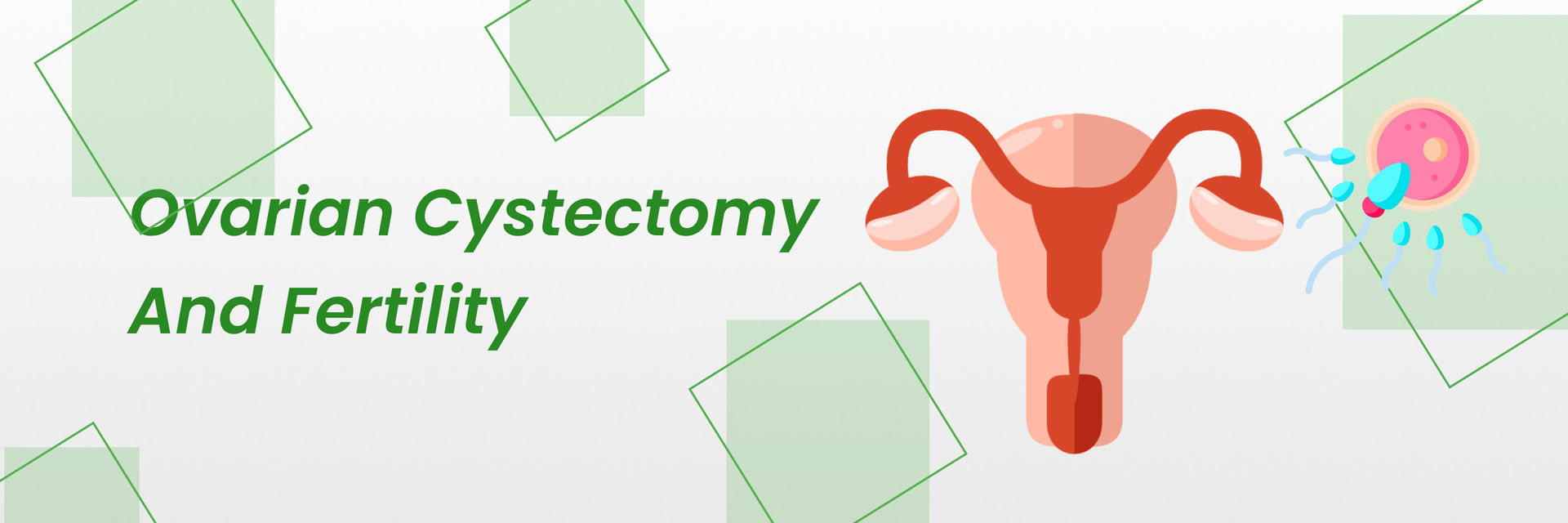How PCOS affects Infertility?
PCOS (Polycystic ovary syndrome) is a very common disorder among women of reproductive age. PCOS affects 1 out of every 10 women who fall within the range of childbearing age.
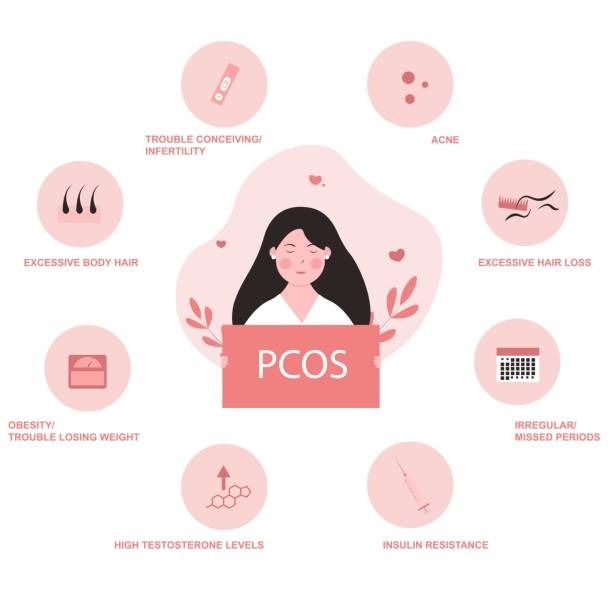
Your health is too important to ignore –schedule your appointment now.
PCOS can cause infertility due to hormonal imbalances. It affects the menstrual cycle and ovulation process. Women with PCOS have high levels of androgens (Male hormone) and insulin in their bodies. High levels of these hormones cause problems with ovulation.
This results in irregular periods or no periods, causing difficulties in getting pregnant.
Also, PCOS leads to the formation of small cysts in the ovary. These cysts disrupt the functioning of ovaries, causing problems in reproduction.
Is it possible to conceive when you have PCOS? Read ahead to find out!
Can IVF help PCOS women conceive?
The hormonal imbalance caused by PCOS causes infertility. However, this does not mean that women who have PCOS cannot get pregnant. IVF can help women with PCOS get pregnant.
IVF helps bypass the hormonal imbalance and irregular ovulation to get pregnant. The medications used in IVF stimulate the ovaries to produce more eggs. These eggs are then retrieved and fertilized in a laboratory. The fertilized embryo is kept under observation and later implanted in the uterus.

This process increases the chances of conception in women who have PCOS. IVF reduces the odds of not getting pregnant and results in successful childbirth in women with PCOS.
Can IVF worsen PCOS symptoms?
No studies have indicated that IVF can worsen PCOS symptoms. IVF regulates ovulation and hormonal balance in women with PCOS. However, IVF medications can cause other side effects like bloating and mood changes.
IVF is one of the best treatments for infertility. Read ahead to understand the potential risks of having IVF with PCOS.
Can PCOS cause IVF failure?
PCOS itself does not directly cause in vitro fertilization (IVF) failure. However, women with PCOS may face certain challenges when undergoing IVF treatment that can potentially affect the success rate.

Take the first step to recovery. Get in touch with us for your treatment.
According to a study, there are several factors that cause IVF failure in the case of PCOS. They are mentioned below:
Ovarian response | Women with PCOS often have higher levels of follicle-stimulating hormone (FSH) and luteinizing hormone (LH), which can lead to the development of multiple follicles in the ovaries. While having more follicles may seem beneficial, it can increase the risk of ovarian hyperstimulation syndrome (OHSS) during IVF treatment. OHSS can compromise the success of IVF by affecting embryo implantation or requiring the cancellation of the cycle. |
Egg quality | PCOS can be associated with lower quality eggs, which may result in lower fertilization rates or poorer embryo development. This can decrease the chances of successful embryo implantation and pregnancy. |
Insulin resistance | Many women with PCOS have insulin resistance or metabolic issues. Insulin resistance can affect the hormonal balance and increase the risk of impaired glucose tolerance or diabetes. These metabolic factors can have a negative impact on the response to fertility treatments and the success of IVF. |
Increased miscarriage risk | Women with PCOS may have a higher risk of miscarriage compared to women without the condition. This increased risk can affect the overall success rate of IVF cycles. |
Wondering how to prepare for IVF if you have PCOS? Let’s find out!
Preparing for IVF with PCOS
Preparing for IVF with PCOS requires careful planning and preparation. Women with PCOS may face challenges during the IVF procedure. But there are steps they can take to optimize their chances of success.
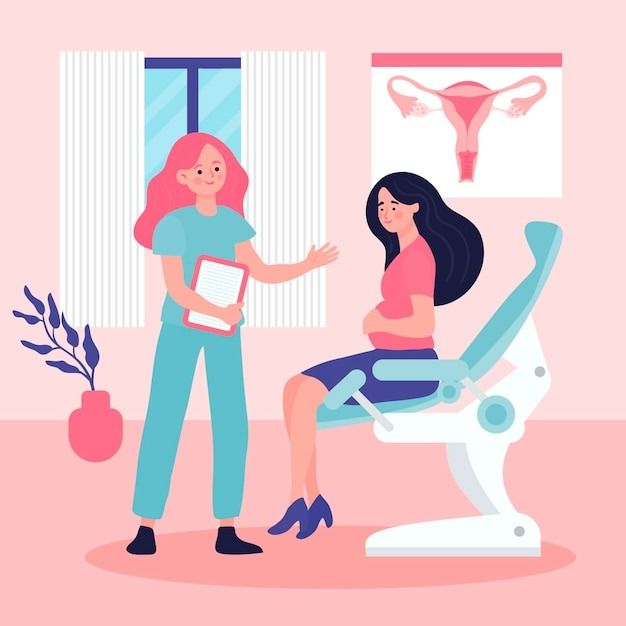
Here are some guidelines to help you prepare for IVF with PCOS:
Seek out a qualified fertility specialist | Choosing a qualified fertility specialist is crucial for successful IVF treatment with PCOS. Look for a doctor who has experience working with PCOS patients and who can provide personalized treatment recommendations based on your individual needs. |
Prepare for Ovarian Stimulation | Ovarian stimulation is a critical part of IVF treatment for PCOS patients. Your gynecologist may recommend medications to stimulate your ovaries to produce more eggs. These medications can increase the risk of OHSS. So it's essential to follow your doctor's instructions carefully. |
Pre-Implantation Genetic Testing | Pre-implantation genetic testing is used, to identify genetic abnormalities in embryos before implantation. This can increase the chances of a successful pregnancy and reduce the risk of genetic disorders in your child. |
Lifestyle Changes | If you are planning IVF and changing some unhealthy daily habits can play a significant role in improving your chances of IVF success with PCOS. For example, losing weight, eating a healthy diet, and getting regular exercise can all improve your fertility outcomes. Your doctor may also recommend specific supplements or medications to improve your chances of success. |
Support | Undergoing IVF is emotionally challenging, especially for women with PCOS who may have already struggled with infertility. Hence, family members and friends should always support the women or couples who are going through this process. |
By following these guidelines, you can help prepare for IVF with PCOS and improve your chances of a successful outcome. Remember to stay positive and keep an open mind as you enter this journey toward parenthood.
How long does the IVF process typically take for women with PCOS?
The duration of the IVF process for women with PCOS is similar to that for women without PCOS. The overall timeline typically includes several weeks of ovarian stimulation with medication to promote follicle development, followed by egg retrieval, fertilization in the laboratory, embryo culture, and embryo transfer.
The exact timeline may vary depending on the individual's response to medication and the specific treatment protocol recommended by the fertility specialist.
What are the success rates of IVF for women with PCOS?
IVF does improve the chances of getting pregnant in women with PCOS. Several modifications in the standard IVF protocol can improve the chances further.
A modified IVF protocol like using GnRH antagonist medication can prevent premature ovulation.
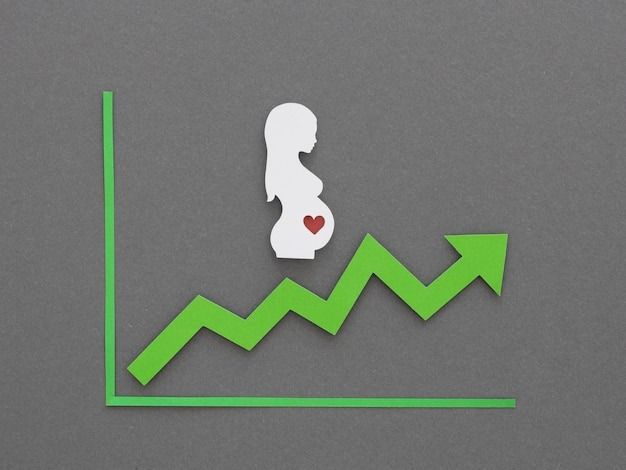
This improves the success rates of IVF in women with PCOS.
As per the study, IVF procedures that include GnRh antagonist medications resulted in a 53% success rate of IVF. While 33% success rates can be seen in women with PCOS who underwent standard IVF protocol.
However, the success rates vary greatly depending on the following factors:
How does PCOS affect the stimulation phase of IVF treatment?
Irregular menstrual cycles can affect the stimulation phase of IVF treatment. Women who experience delayed periods or do not have spontaneous cycles have to take medications before starting IVF. Having your cycles regular is very important to increasing the success of IVF.
Your well-being is our priority - call us to book your appointment today.
References:
https://www.ncbi.nlm.nih.gov/pmc

